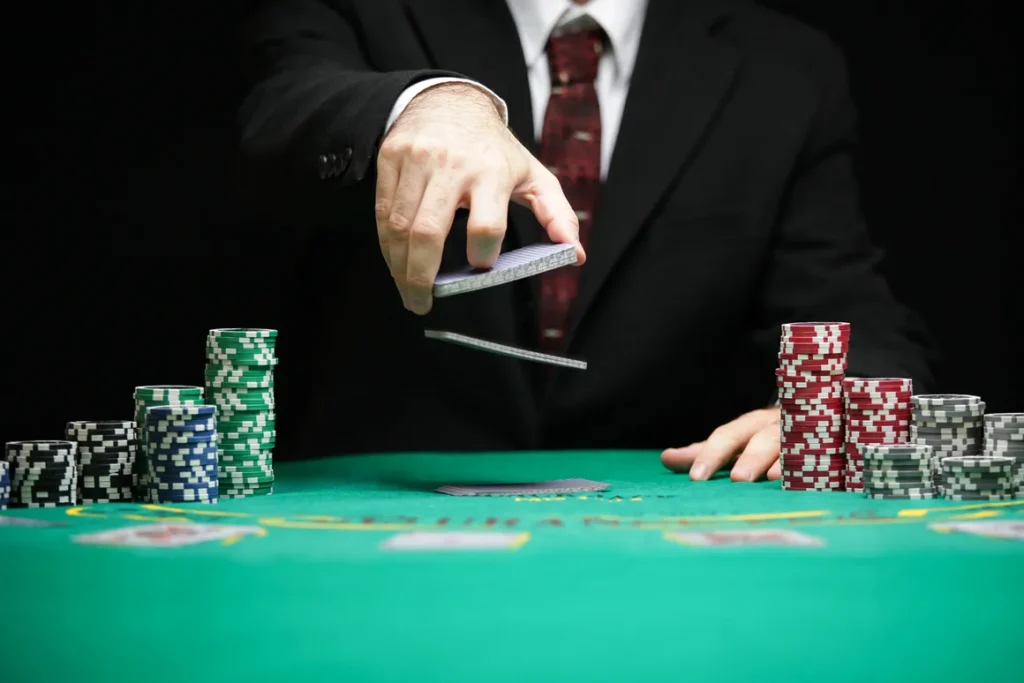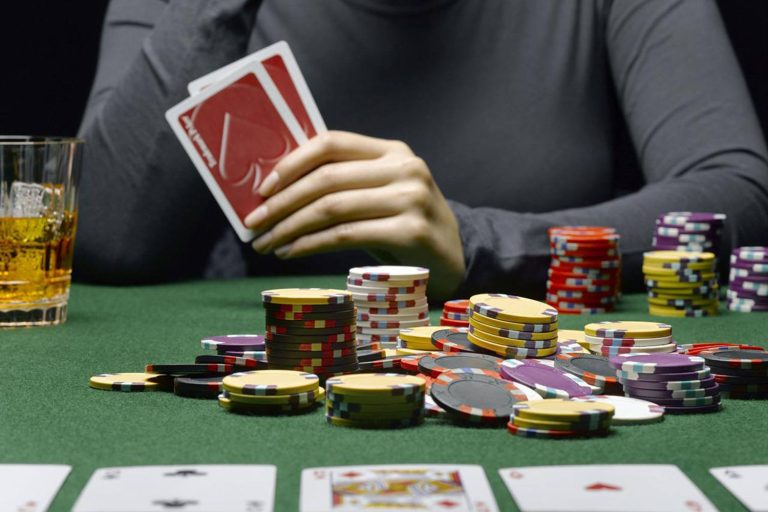Start With Free Games
The best way to learn how to play poker is through TonyBet Casino Login, which provides free games. You can practice your skills in a safe environment and win real money by playing free games.
Free poker games are great for beginners because they’re much less intimidating than real money tables. If you don’t have the time to play at a real-money table until your skills improve, then try out some of our free poker games instead.
You can also play with friends and family if they want to join in on the fun and who doesn’t want company while they’re gambling?
This is a perfect strategy if one of them knows how to play already; they will be able to show everyone else what it feels like when someone wins big.
If none of them know how much more about it than their own hands (as is often the case), then consider downloading one of our apps for mobile devices such as Android phones so that everyone stays connected no matter where they are in their lives right now
Learn the Rules

Before you start playing poker, there are a few things you need to know.
Know the rules of the game that you’re playing. This means knowing which cards are wild in Omaha and what happens when you’re dealt a flush in Seven Card Stud.
The rules for each type of poker are different, so make sure you read up on them before jumping into any game, especially if it’s your first time playing.
Understand how betting works. There is no need to commit every single hand ranking to memory or pay structure, but be familiar with how bets work and how they affect the outcome of hands being played out by other players.
There are usually limits placed on how much can be bet at any given moment during gameplay (or an overall cap on how many chips one person can have), so if someone starts going crazy with bets beyond their means, then they could get caught out later down the line when they’ve run out of money altogether.
Familiarize Yourself With the Poker Table and Buttons.

Familiarize yourself with the poker table and buttons. Before you start playing, it’s important to understand how poker is played.
The game begins by placing a bet in the center of the table. This can be from $1 to millions of dollars and includes an initial blind bet called “ante” (which goes into a pot that players must win).
After this, cards are dealt out for each player until five cards are in their hand—called “hole cards,” and four community cards are displayed for everyone to see. These community cards make up what is called “the flop.”
You’ll notice two buttons at your disposal: one red-colored button labeled “attach bet” and one blue-colored button labeled “call.”
Attach bet allows you to add money onto previous bets made; the call will enable you to match the last bets made by other players and raise them if desired (if another player raises again, then it will become known as re-raising).
Basic Strategy
The basic strategy is the guidelines you should use when playing a hand. Following a basic strategy will help you make the right decision and not just go with your intuition. The best thing about basic strategy is that it’s based on probability and not intuition.
You might think this would make it less useful than general poker knowledge, but it’s often better, especially when combined with your own experience at the table.
A basic strategy doesn’t always work out for every situation. There are plenty of times when leaving an ace in the hole against three opponents seems like a good idea until one of them gets lucky and flops the top pair after all.
Still, if you follow basic strategy more often than not, chances are good that your hand will be profitable over time.
Assess Your Hand.
When you’re dealt your first two cards, you’ll need to assess the odds of winning. The most basic strategy is to look at your hand and decide whether or not it’s worth playing or folding. To do this, ask yourself these questions:
- What are my chances of making a better hand?
- If I improve my writing, what odds that someone else will have a better one?
- Are there any cards in my hand that I can discard while improving my chance of improving my hand?
Conclusion
Even though you’re learning to play poker, it doesn’t mean you can’t win money. To learn the fundamentals and improve as a player, you must invest the time and effort necessary.
